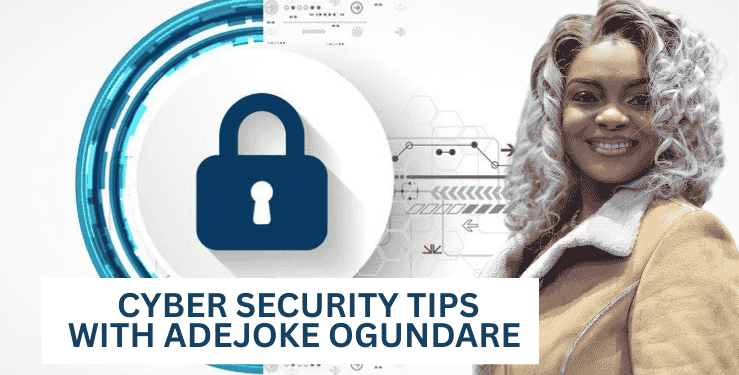![]()
In today’s digital world, social media platforms like WhatsApp, Facebook, Instagram, and X (formerly Twitter) have become more than just places to chat or share updates. For millions of people, they are essential tools for business, communication, and daily life. Unfortunately, this growing reliance has also made them prime targets for hackers and scammers.
A recent experience shared by a member of a popular WhatsApp group paints a clear picture of the growing threat. According to the user, they received a call from someone who claimed to be a group admin conducting “member verification.” The caller asked the unsuspecting victim to read out a six-digit code that had just been sent to their phone. Trusting the voice on the other end, the user did so only to find themselves logged out of their WhatsApp account minutes later. The scammer had gained full control.
Incidents like this are becoming increasingly common across Nigeria and beyond. Cybercriminals exploit trust, confusion, and lack of awareness to hijack accounts, spread scams, or defraud contacts. But the good news is that with a few proactive steps, users can significantly reduce their risk.
Here’s how to protect yourself and your accounts:
1. Activate Two-Step Verification (2FA):
Two-factor authentication adds an extra layer of protection to your accounts. On WhatsApp, you can enable it by going to Settings → Account → Two-Step Verification, and setting a 6-digit PIN. Other platforms like Facebook, Instagram, and X offer similar security options. This simple action can stop hackers from taking over your account, even if they get your verification code.
2. Never Share Verification Codes:
The six-digit codes sent to your phone are personal security keys. No legitimate company, admin, or friend will ever ask you to reveal them. Treat them like bank PINs, private and confidential.
3. Use Strong, Unique Passwords:
Avoid predictable passwords such as your birthday, pet’s name, or “123456.” Create a unique password for each platform, combining letters, numbers, and special characters. Consider using a trusted password manager to keep track of them.
4. Beware of Suspicious Links and Messages:
Scammers often send fake links promising giveaways, job offers, or account verifications. These lead to cloned websites designed to steal your login details. Always check the web address carefully before clicking and avoid responding to unsolicited messages.
5. Review Your Privacy Settings Regularly:
Check who can see your personal information, photos, and contact details. Restrict public access and ensure only trusted individuals can view sensitive content. The less you expose online, the harder it becomes for scammers to impersonate or exploit you.
Stay Vigilant, Stay Safe
Your social media accounts are like digital homes. It’s your responsibility to lock the doors, close the windows, and guard the keys. A single mistake, such as sharing a verification code, can hand control of your online identity to criminals.
“If you won’t hand your house keys to a stranger, don’t hand over your verification codes to strangers” – Adejoke H. Ogundare, a cybersecurity expert.
For free tips on digital safety or to ask security questions, visit www.astrosecgroup.com.
————————
About the Author:
Adejoke H. Ogundare is a cybersecurity professional and Director at Astrosec Ltd, where she leads programmes in digital safety, fraud awareness, and online security education.






















